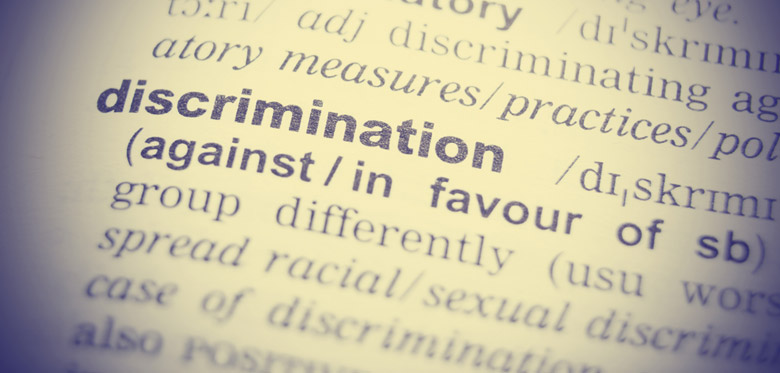Finding a job is a daunting task for the majority of us, however this is understandably considered a much more prevalent issue for individuals with learning difficulties.
It was recently reported that a 20 year-old man who has Down's Syndrome took his search for a job to the next level. After months of failing to secure employment due to receiving rejections for reasons, such as; it would “take too long to train him”, he and his mother launched an online appeal. This appeal went viral and the young man was subsequently offered employment.
Unfortunately this man’s story is not an uncommon one. In December 2015, it was reported by the Health and Social Care Information Centre that the employment rate of adults with learning difficulties stood at a mere six per cent. This illustrated a decline in adults with learning difficulties being in employment. In 2012, the Department of Health’s Adult Social Care Outcomes Framework found that this figure stood at around seven per cent.
It is unclear what in fact has caused such a decline in the rate of employment amongst people with learning difficulties; however people should be aware of what the law can do to protect them.
The Law
The Equality Act 2010 protects individuals who have been treated unfavourably because of a protected characteristic and which has subsequently caused a detriment to them. Under the Act, learning difficulties can, (in most circumstances), be considered to constitute a disability for the purpose of a provision of protection under the Equality Act.
Section 6 provides that:
(1) A person (P) has a disability if-
(a) P has a physical or mental impairment, and
(b) the impairment has a substantial and long-term effect on P’s ability to carry out normal day-to-day activities.
Therefore an employer may be considered to have subjected an individual to direct discrimination, (under section 16 of the Act), if they refuse to offer employment, or dismiss them from employment, based solely on the fact that they have a learning difficulty.
Under Section 19 of the Equality Act an individual with a protected characteristic is protected against indirect discrimination. Indirect discrimination can occur when an employer applies a provision, criterion or practice (‘PCP’) that puts an individual at a disadvantage when compared to others.
In addition, under section 20 of the Equality Act 2010, an employer is under a duty to make reasonable adjustments. This means that if any physical feature of an employer’s premises, or other arrangements, causes a substantial disadvantage then an employer is under a statutory duty to make reasonable adjustments to prevent it, (i.e. altering premises or offering assistance to help an employee undertake certain tasks).
Furthermore, section 15 of the Act protects an individual from being discriminated against due to something arising out of a disability. In context this means that an employee, or potential employee cannot be treated unfavourably because of something that is associated with their learning difficulty.
With such legislation protecting individuals with learning difficulties it should not be so difficult to obtain employment and we should certainly not be seeing a decline in the number of those employed when compared to over three years ago.
What you can do
If you feel that you have been discriminated against on any of the above bases, please get in touch with our specialist discrimination team for advice and assistance.
By Hannah Wilson, discrimination and employment advisor in the discrimination team




Comments